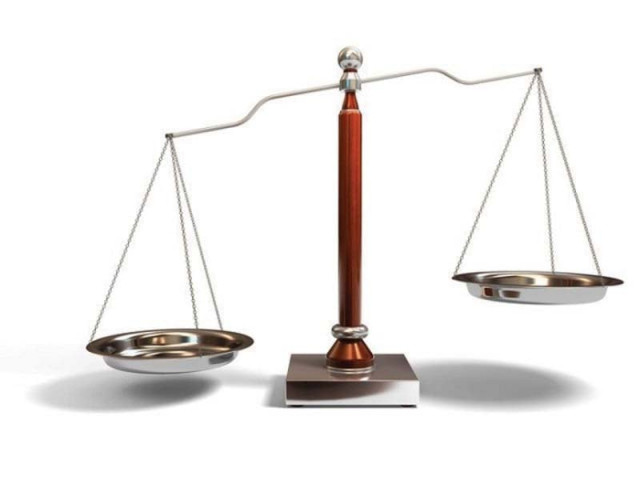Cause and effect: Myths about ‘economic inequality’ in Pakistan
Oxfam-LUMS report paints an incomplete picture.

Oxfam-LUMS report paints an incomplete picture. CREATIVE COMMONS
A recent report by Oxfam and the Lahore University of Management Sciences (Lums) has highlighted a multi-dimensional inequality of incomes as a major stigma of Pakistan’s socio-economic milieu.
This report is based on the review of household surveys from 1990-91 to 2012-13. To support its claim, the report has stated that the concentration of wealth in the richer 20% is five times more than the bottom 20%.
In the US, the top 20% households are 8 times richer than the poorest 20%; in China its 12%, while its 21% in Brazil.
According to the report, free trade agreements are the major cause for inequality, while at the same time it praised high growth, associating it with less inequality. If this were true, China would not have lifted almost 400 million of its people out of poverty through unilateral trade liberalisation.
The Oxfam-Lums report on inequality seems like a myth. It serves as an endorsement of the state-sponsored propaganda of abject poverty in the country, which the state has conveniently used to solicit international aid and grants.
The case of Africa is a testimony to the fact that such official assistance has never helped a country. In Pakistan’s case, it may have contributed to socio-economic decline. The truth is that there is no reliable data available in the country, which can portray a true picture about the state of poverty and inequality.
This report suggests that 40% of sons born to poor fathers remain poor, and 52% of sons born to rich fathers remain rich. Look at the flipside of the same data: 60% of sons (a clear majority) born to poor actually improve their economic condition. And, more importantly, 48% (almost half) of the men born rich do not remain in that spectrum.
This should be a cause of jubilation – as it is indicating a highly mobile society in Pakistan.
The report has stated that “it is self-evident that in the broad sense, markets in Pakistan are not working given that so many people are unemployed, denied access to credit at reasonable terms and the chance to develop human and nutritional capital.”
The stated unemployment rate is indeed high, however, the elusive informal economy has served as a true shock absorber for Pakistan, and hence we usually do not observe any street protests from unemployed people.
The issue of lack of access to credit is also real, but it is the state and its borrowing operations which have withheld private bankers from lending to the risky projects of the private sector.
The private sector has also failed to produce sufficient formal jobs due to the lack of a reliable and affordable energy infrastructure. This is also due to state dominance of the energy sector, by virtue of following wrong policies, and by denying the private sector producers the opportunity to produce electricity at full due to the ballooning circular debt.
Therefore the assertion that “markets in Pakistan are not working” is only the half-truth. In true sense, markets have not been allowed to be created in the first place.
The report claims that “free trade agreements have exacerbated inequalities” by citing free trade agreements with China, which has arguably rendered local manufacturers jobless. However, there is no empirical data to prove it. Pakistan’s street smart entrepreneurs have switched gear to trading and contract-based work to mitigate the risk of freer flow of goods from the outside and energy deficiency from inside.
Our ivory tower economists never take pain to understand how our small- and medium-scale enterprises survive against all odds. In Pakistan, inequality is a function of an unjust legal system. The laws created for protection of certain classes, professions or sectors, even with the noblest of purpose, potentially deny innovation and competition and thus retard growth.
These laws also create rent-seeking opportunities for state and the private sector alike and thus directly result in more corruption. Consequently, a minority benefits at the expense of greater majority, thus resulting in greater inequality, concentration of wealth and lower levels of productivity. To this extent, the emphasis of report on taxation is appreciable though their prescription is not effective.
It is this political economy of inequality which should be the subject matter for our economists instead of government-sponsored household surveys.
The writer is the executive director of PRIME Institute, an economic policy think tank based in Islamabad
Published in The Express Tribune, March 30th, 2015.
Like Business on Facebook, follow @TribuneBiz on Twitter to stay informed and join in the conversation.


















COMMENTS
Comments are moderated and generally will be posted if they are on-topic and not abusive.
For more information, please see our Comments FAQ